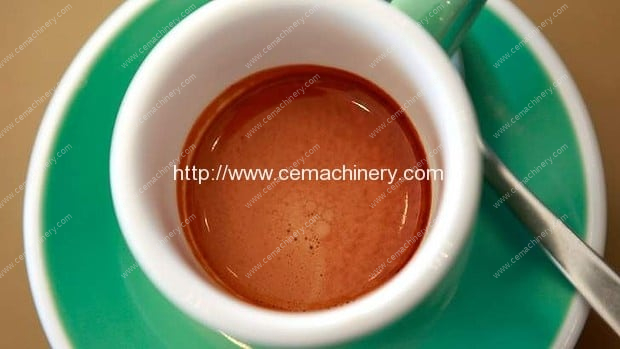What’s in a coffee name – gesha or geisha?
The US-based Coffee Review website, founded in 1997 by Kenneth Davids and Ron Walters, conducts year-round blind tastings of specialty and fine coffees, scoring them out of 100 – a bit like what Robert Parker does for wine, and probably just as well respected in the coffee world.
The site recently published its list of the top coffees of 2014, and No. 1 was the Ironman Camilina Geisha grown in the Boquete region of western Panama and roasted by Klatch Coffee in Los Angeles. To quote from the review, it was “beautifully structured and almost impossibly intricate in flavour and aroma. The fruit sensation is so deep and so complex that one could find almost any note in it: we settled on guava, mango and tangerine. Intensely floral – passion fruit, lilac, lily – with crisp cacao nib and sandalwood complication. Rich, lyric acidity; syrupy but buoyant mouthfeel.”
That’s quite a cup. And who should drink it? “Anyone who can afford it,” as Coffee Review notes – but at $US49.95 for 8 ounces (about $A270 a kilo), that’s not everyone.
Coffee Supreme has a Finca Lerida Geisha which, while probably not in the same league as the Camilina Ironman, gives some sense of the floral aromatics typical of this variety – at $22.50 for 150 grams.
One notable thing about the Camilina gesha is its natural processing: the beans were dried inside the fruit, rather than wet processed, where the beans are dried after the fruit has been washed off. As Coffee Review notes, “The wet-processed Gesha profile, however complex and extraordinary, can be too bright and drying for many coffee drinkers, but here the dried-in-the-fruit or natural processing rounds and deepens the acidity – and everything else – in this utterly amazing, if dauntingly expensive, coffee.”
But hang on a minute – is that geisha or gesha?
Geisha, with its evocation of oriental exoticism, flowered kimonos and refined taste, feels right for this coffee, known for its heady floral aromas and deep, complex flavours as well as the eye-watering prices it fetches at auction. In the 2014 Best of Panama auction, roaster Junior Taiwan paid $US107.86 a pound for one natural process La Mula geisha/gesha, while Mama Cata Geisha sold for $US101.35 a pound.
Google gives it hands-down to “geisha”, with 426,000 hits to a mere 41,600 for “gesha”.
But history, etymology and this column say “gesha”, the small town in south-western Ethiopia where the variety is thought to have originated, before being brought to Panama (and renown) via Costa Rica.
However you spell it, at $270 a kilo, it’s a rare drop.
Read More: Coffee Capsules Machine


